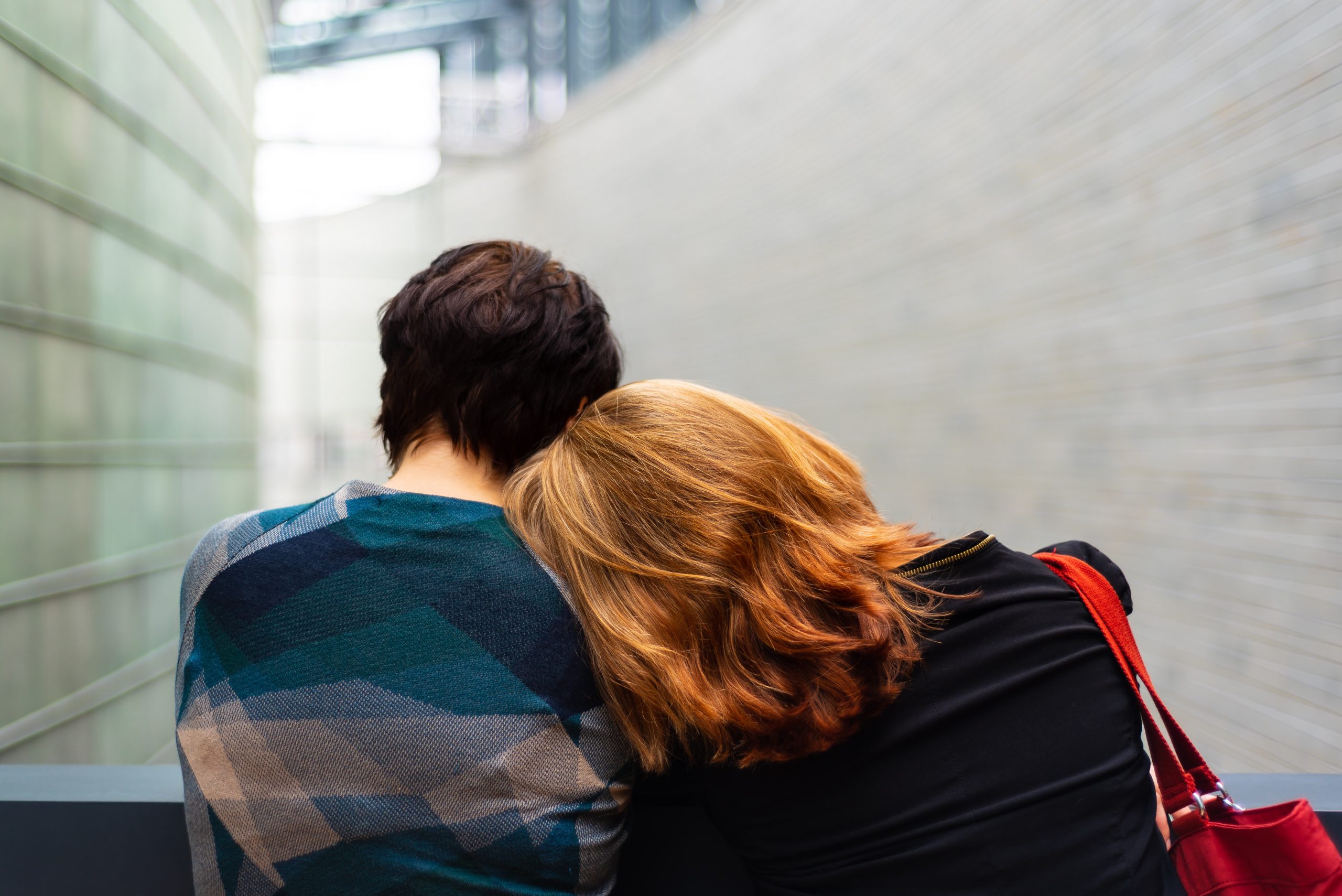Lesbian, gay, bisexual and transgender people

Lesbians, gay, bisexual and transgender people (LGBT) are no different from any other bereaved partner in a marriage or other heterosexual relationship. However, some people with same-sex partners may experience particular difficulties after bereavement. There is also evidence that LGBT young people may at increased risk of suicidal behaviour. Difficulties can arise if, for example, family or some friends do not know about the relationship. A partner or friends may be excluded from the funeral arrangements and even if the family knew of the relationship, they might not acknowledge its significance, or may even be hostile. If this is the case, it might help to ask a friend to act as an intermediary between the bereaved partner and the family.
An LGBT partner may have to cope with the added distress caused by some people’s ignorance or failure to understand the depth and maturity of the relationship, which might mean that their bereavement isn’t acknowledged at work, for example, or people may expect them to recover more quickly. The relationship could be made public at the inquest and reported in the press, which may add to the distress of the bereaved partner, relatives and friends (see Practical matters on dealing with the media). Other couples may be living outside what is sometimes called the ‘scene’, or feel uncomfortable about accessing LGBT services. It may help to talk to friends and family about how you feel and/or contact organisations that can offer support such as local LGBT networks, even if you have never been involved previously.
